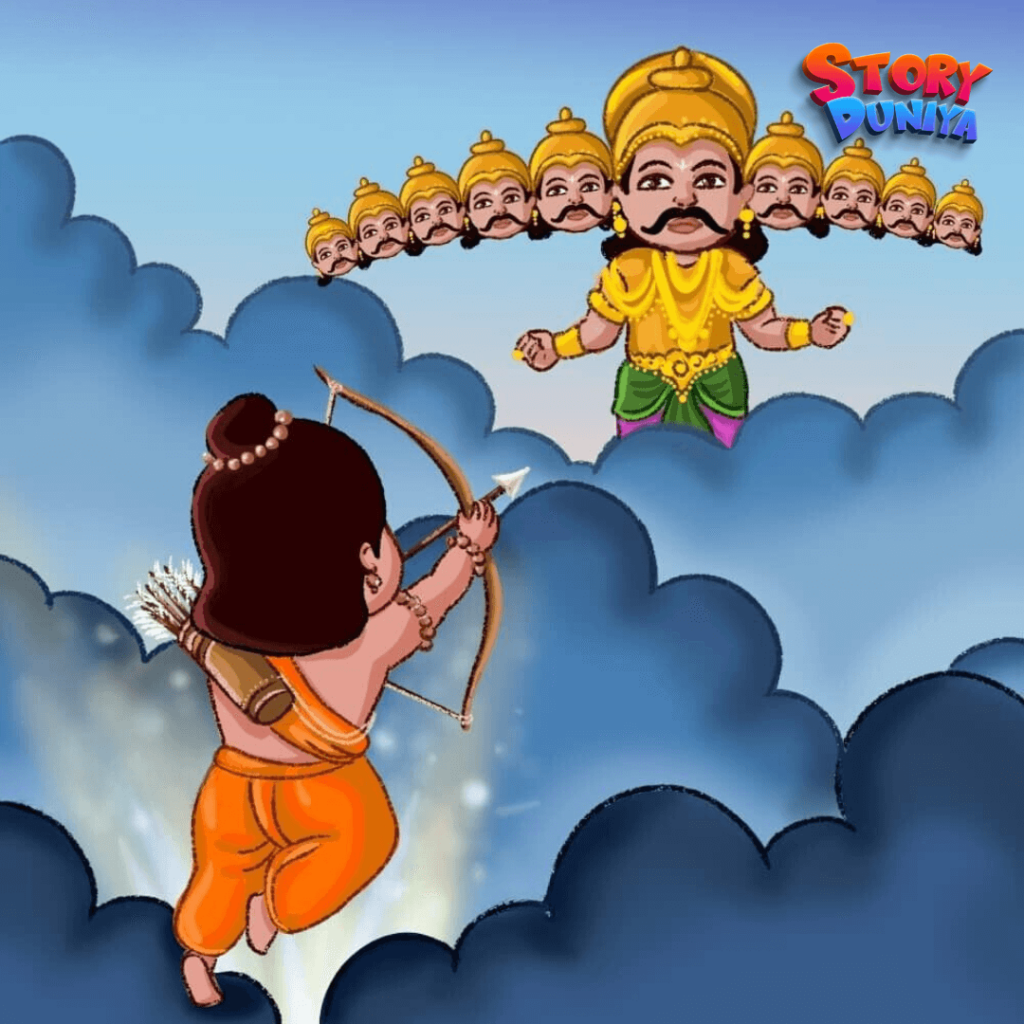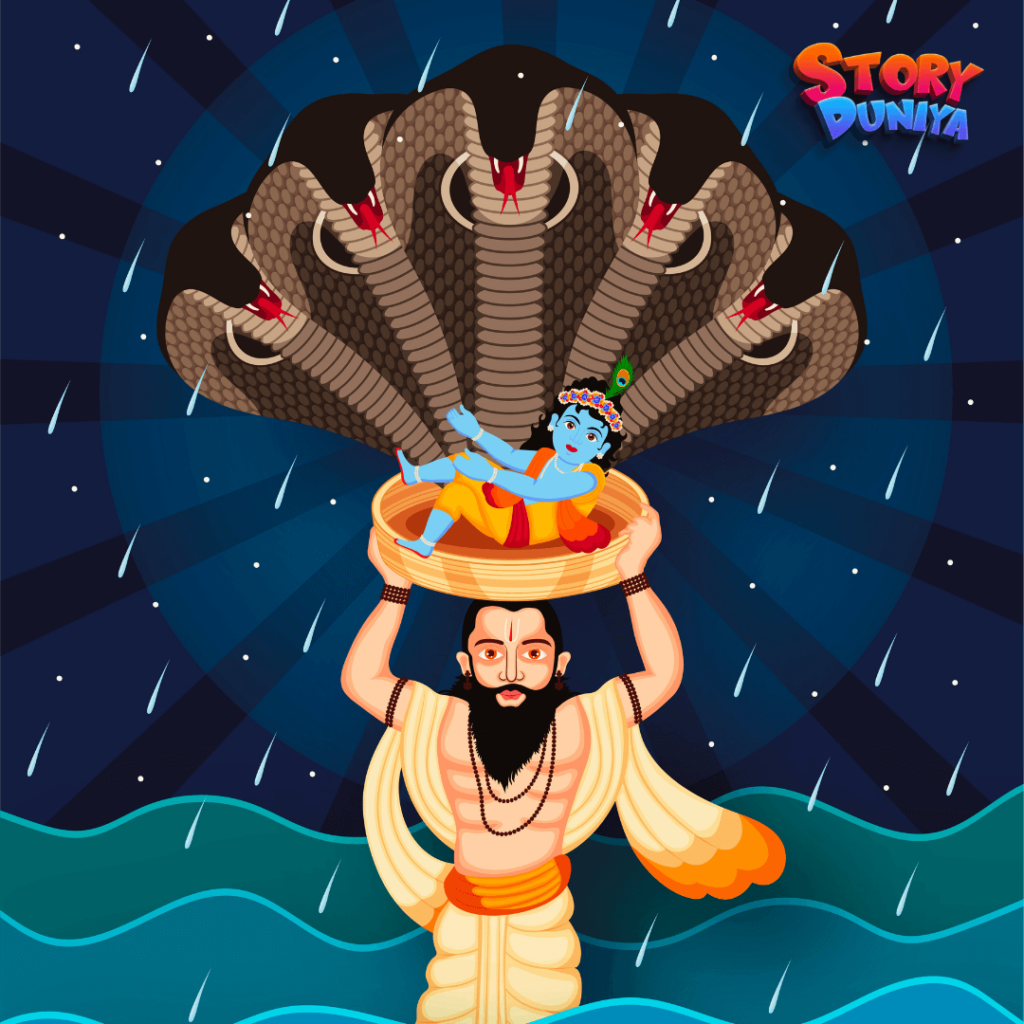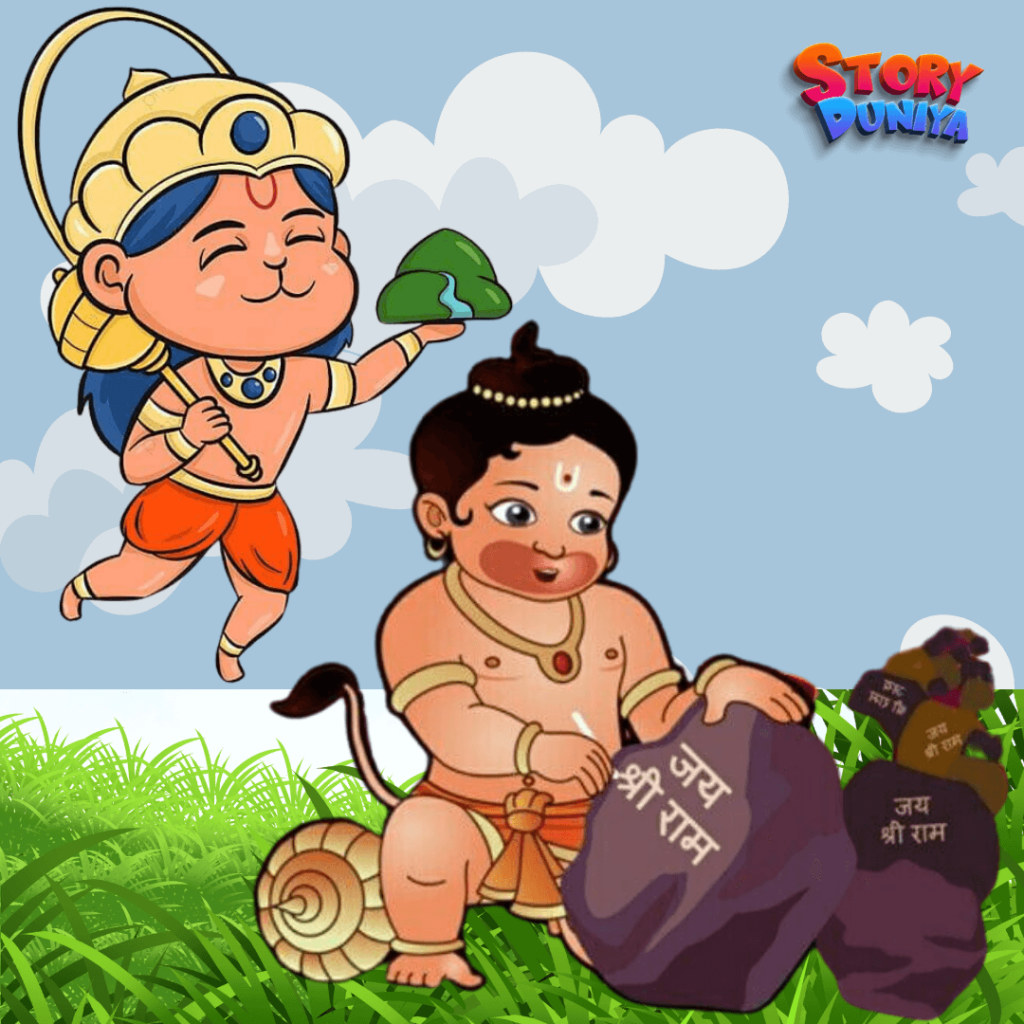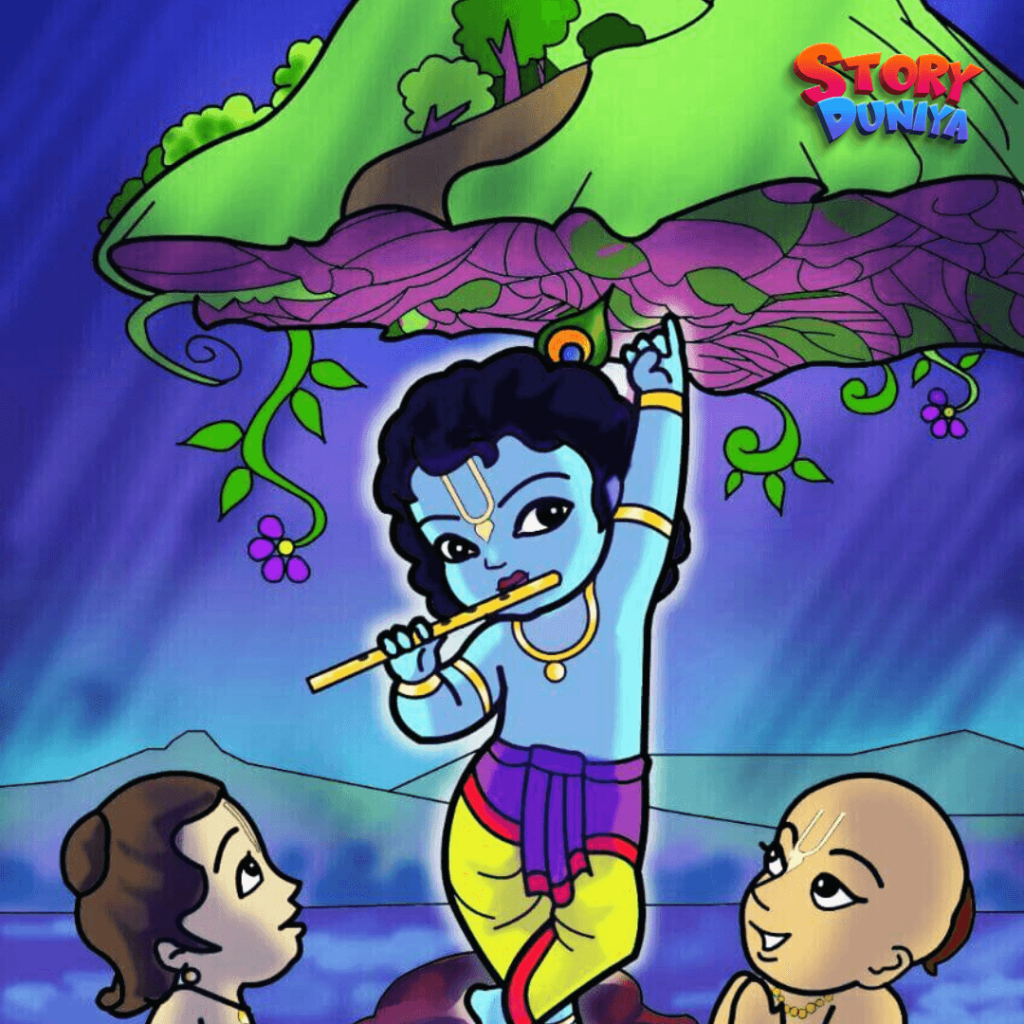Myth shapes children’s education, fostering imagination, cultural awareness, and moral growth through captivating tales of gods and heroes.

Mythology inspiring Children’s to think beyond boundaries
Myths nurtures children’s imagination and creativity, transporting them to extraordinary realms where limitless possibilities exist. These stories ignite their creative spark, inspiring them to think beyond boundaries and explore new horizons.
Mythology exposes children to diverse cultures
Exploring mythology exposes children to diverse cultures, fostering cultural empathy and understanding. Ancient myths are cultural treasures that provide insights into different societies, promoting tolerance and appreciation for varied perspectives.


Children’s learn valuable life lessons and ethical values
Mythology serves as a moral compass for children, teaching them valuable life lessons and ethical values. Through mythological tales, children learn about bravery, honesty, perseverance, and compassion, enabling them to make wise choices in their own lives.
Encouraging children to question evidence
Studying mythology enhances critical thinking and analytical skills in children. These intricate narratives require careful analysis, encouraging children to question, analyze evidence, and make connections, nurturing their intellectual development.


Education cultivates a love for learning
Integrating mythology into children’s education cultivates a love for learning and encourages curiosity. By delving into the captivating world of myths, children develop a thirst for knowledge and a lifelong passion for exploring diverse subjects.
Connecting children to their cultural heritage
Mythology provides a bridge between the past and the present, connecting children to their cultural heritage. By understanding the myths of their ancestors, children develop a sense of identity and appreciation for their roots.


Engaging children in imaginative play
Mythological stories offer a unique form of entertainment that goes beyond digital distractions. They engage children in imaginative play, encouraging them to create their own stories and characters inspired by the myths they have learned.
Children develop empathy and emotional intelligence
By studying mythology, children develop empathy and emotional intelligence. They learn to relate to the triumphs and struggles of mythological characters, expanding their capacity for compassion and understanding towards others.

Conclusion:
Incorporating mythology into our children’s education reaps numerous benefits, including the fostering of imagination, cultural appreciation, moral development, critical thinking skills, and a lifelong love for learning. By embracing the power of myths, we empower our children to become well-rounded individuals who can navigate the complexities of the world with wisdom and empathy.